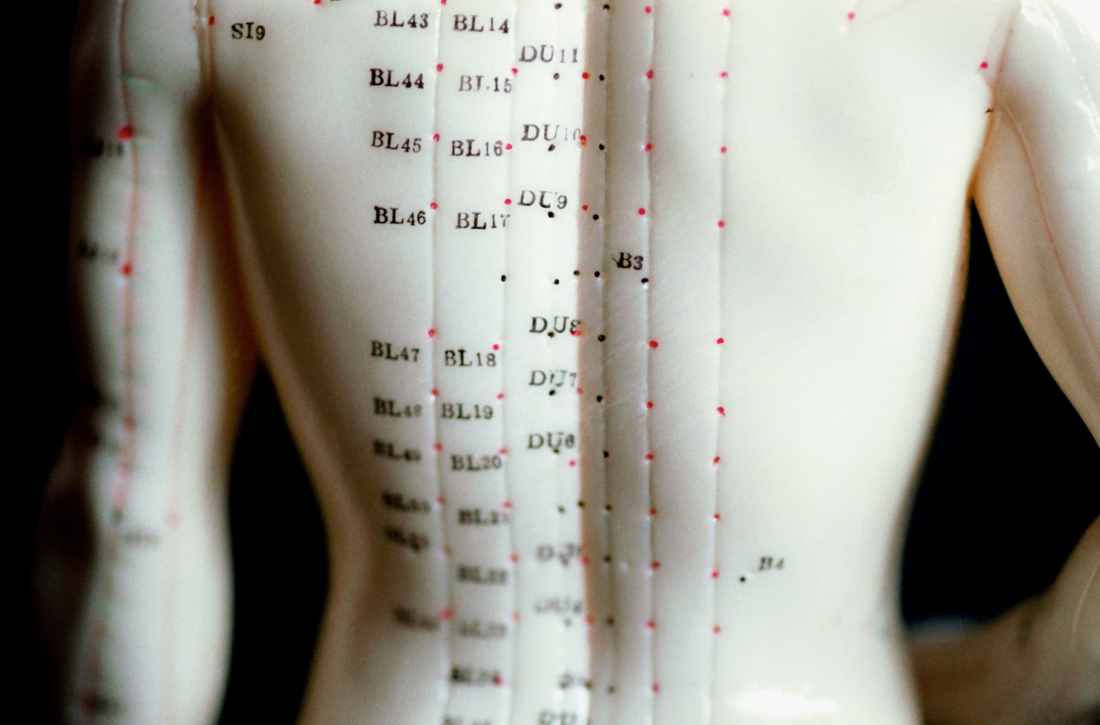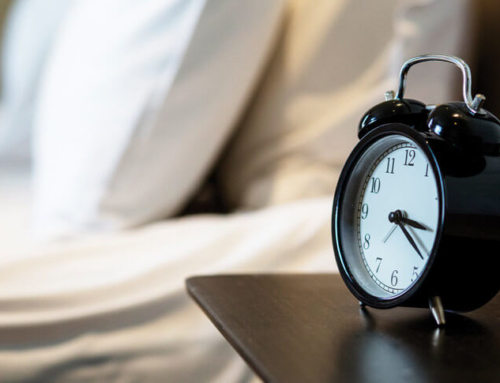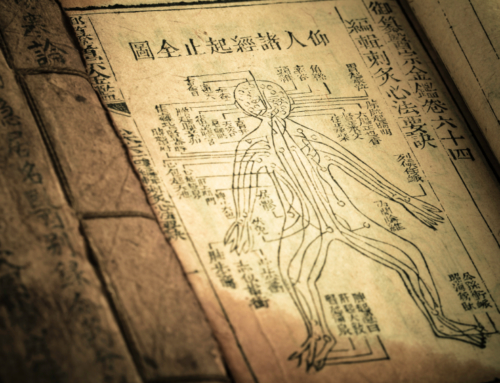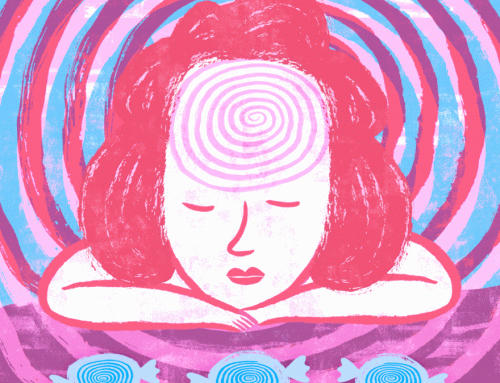We acupuncturists hear this question all the time, ‘How does acupuncture work exactly?’
Good question.
Acupuncture is a retrospective science which has been going on for thousands of years and only recently has there been a push to understand the science of how and why it works. We can enjoy the benefits of this tradition of care AND also use our current research methods to begin to understand why it works. Below are a few examples of the progress being made in research.
Gate Control Theory.
First outlined by Melzack and Wall1 in the 1960’s this theory suggests that pain is transmitted through small nerve fibers from the skin through the spinal cord and on up to the brain. Acupuncture needles are placed to stimulate large nerve fibers thereby blocking the small nerve fibers ability to transmit pain signals leading to relief of pain symptoms.
The HPA Axis Theory.
The hypothalamus-pituitary-adrenal axis is a major part of the neuroendocrine system that controls reactions to stress and regulates many body processes, including digestion, the immune system, mood and emotions, sexuality, and energy storage and expenditure. Acupuncture has been shown to have positive influence on this complicated system in recent research.
The Endorphin Theory.
Acupuncture has been proven to release endogenous opioids including endorphins which have a systemic analgesic effect on the body.
The Nerve-Reflex Theory.
The Nerve-Reflex Theory was developed by a team of Japanese physiologists in the 1950’s showed the reflex interactions between the periphery and the autonomic nervous system. They showed that the cutaneous surface (skin) and the viscera (organs) are connected and abnormalities of the internal organs can manifest themselves on the surface of the body by way of spasm, referred pain or redness. Stimulation with acupuncture needles creates an inverse reaction causing changes to blood and lymph flow thereby reducing symptoms.
Although there is a lot of work still to be done in the field, what we know (despite it’s difficulty to measure how exactly scientifically) is that acupuncture is wildly effective at treating an interesting range of ailments from mood disorders, all types of pain disorders, gastro-intestinal issues, fertility issues and sleep disorders.
Sources: Melzack R., Wall, P., Science (1965); Cho, ZH., et al, Acta Neurol Scand (2006); Han, JS., Neuroscience Letters, (2004); Ishikawa, Fujita, et al. Japan (1950)





